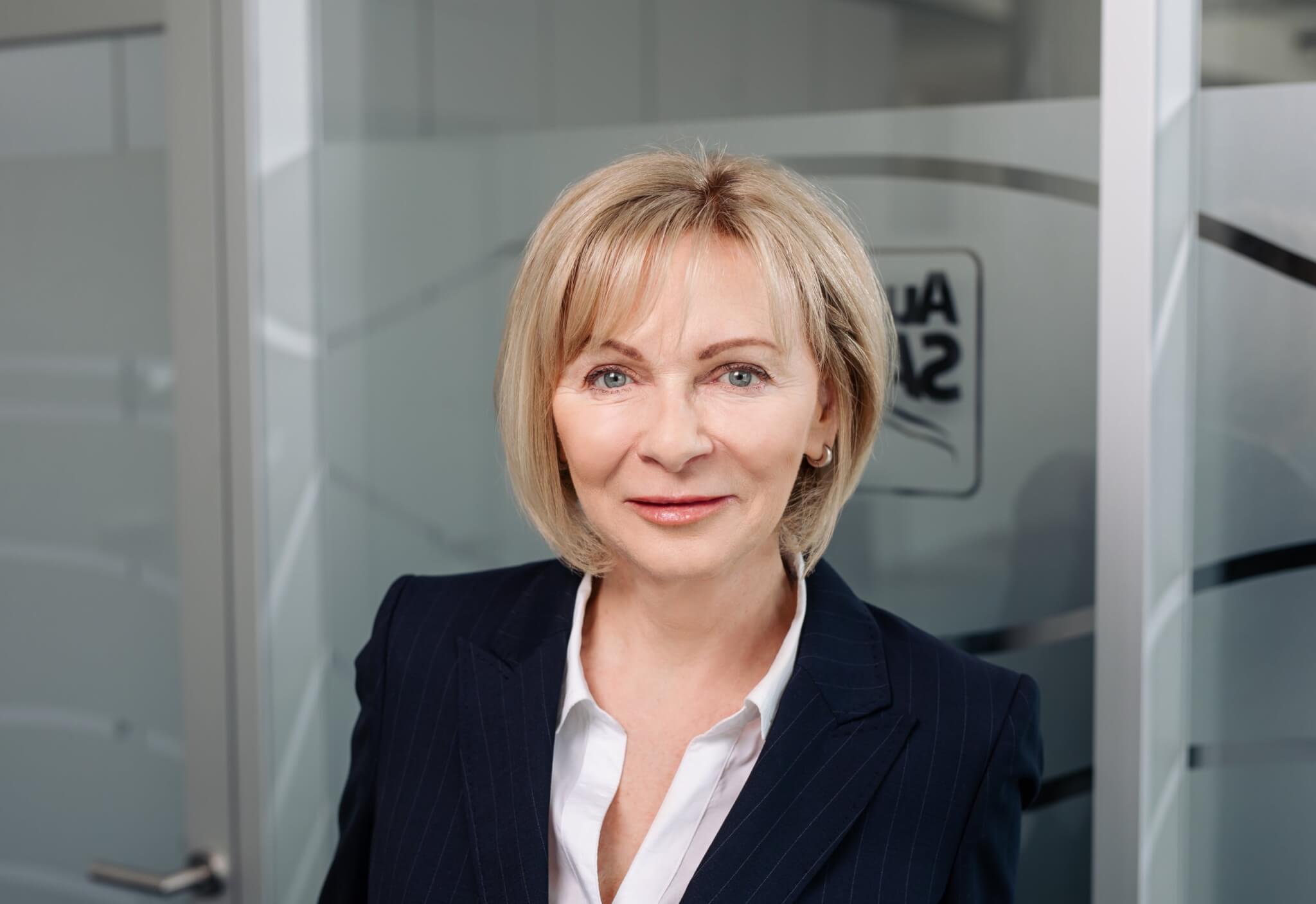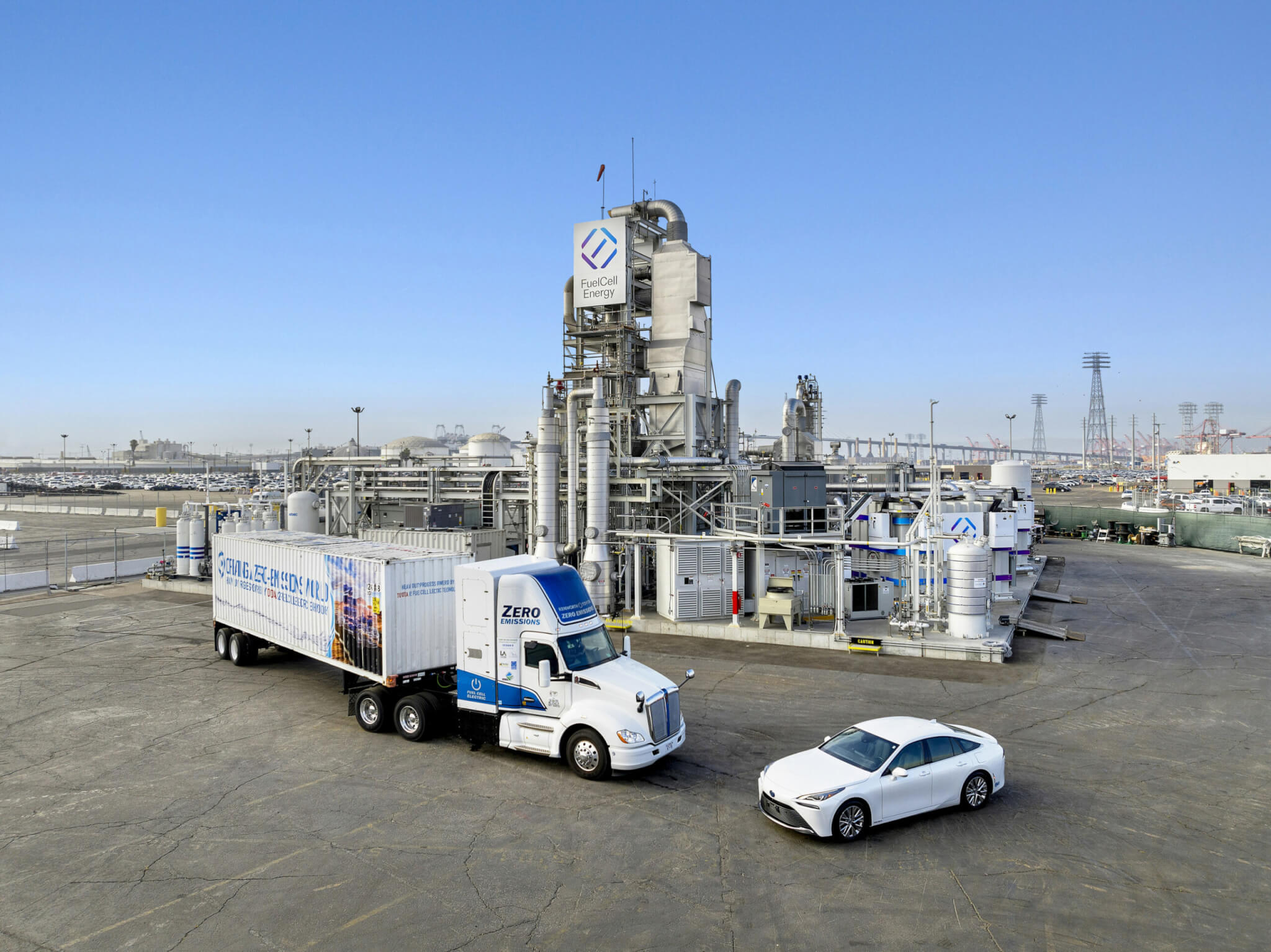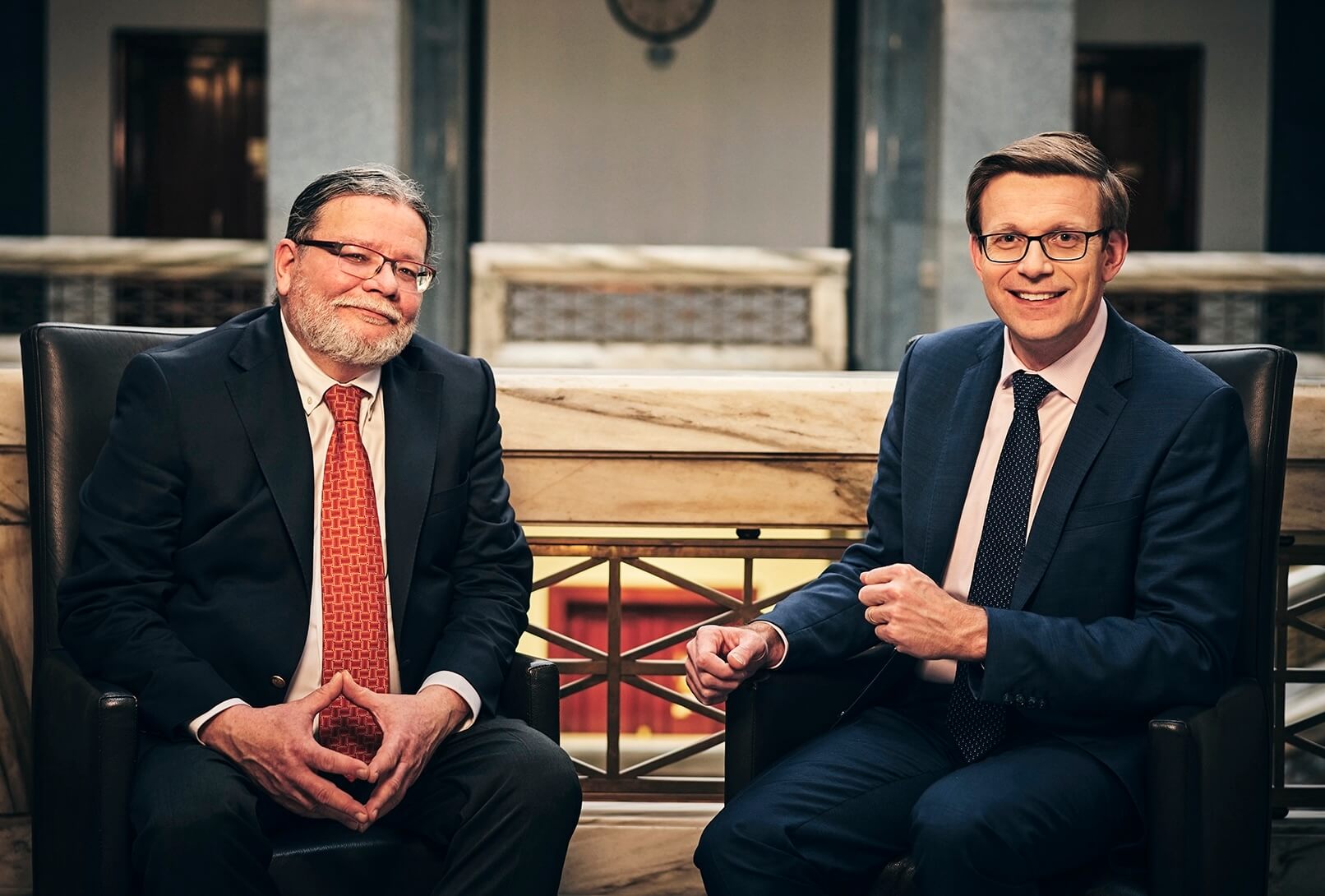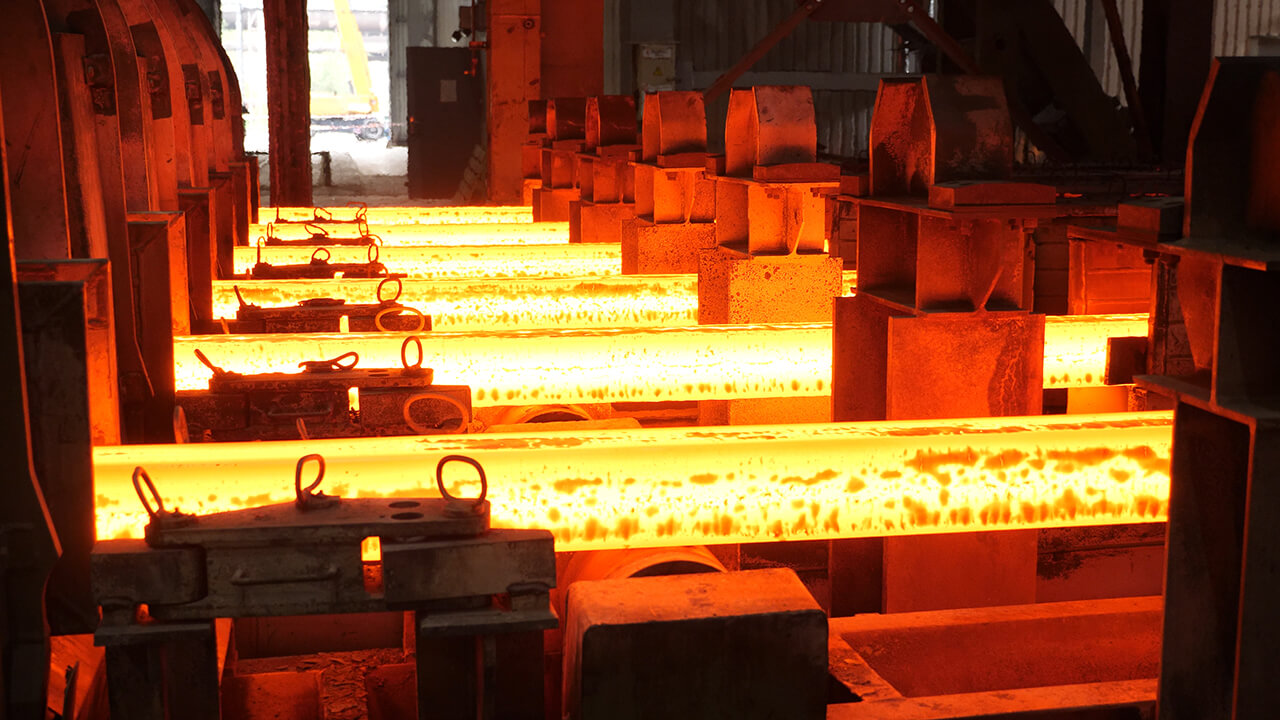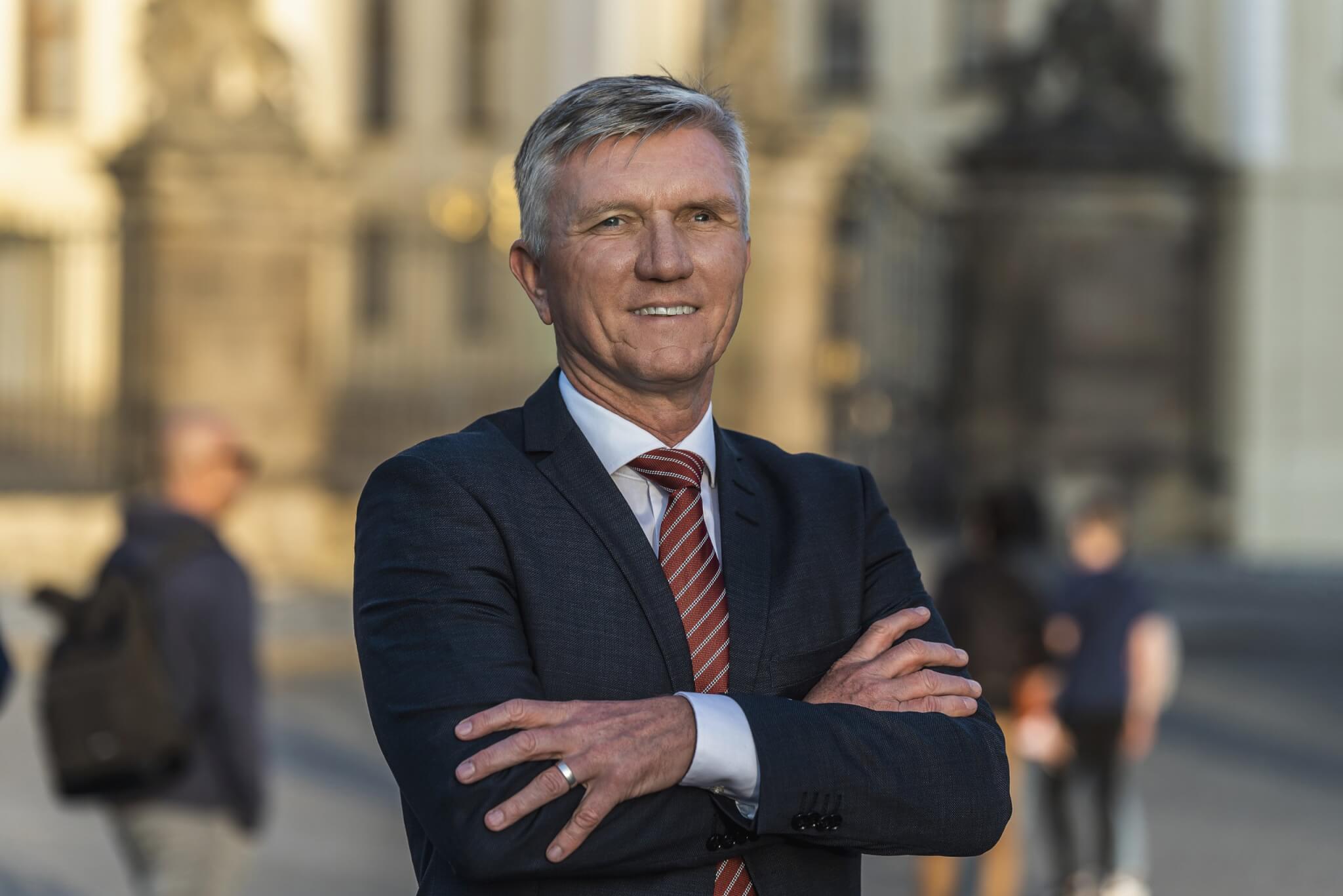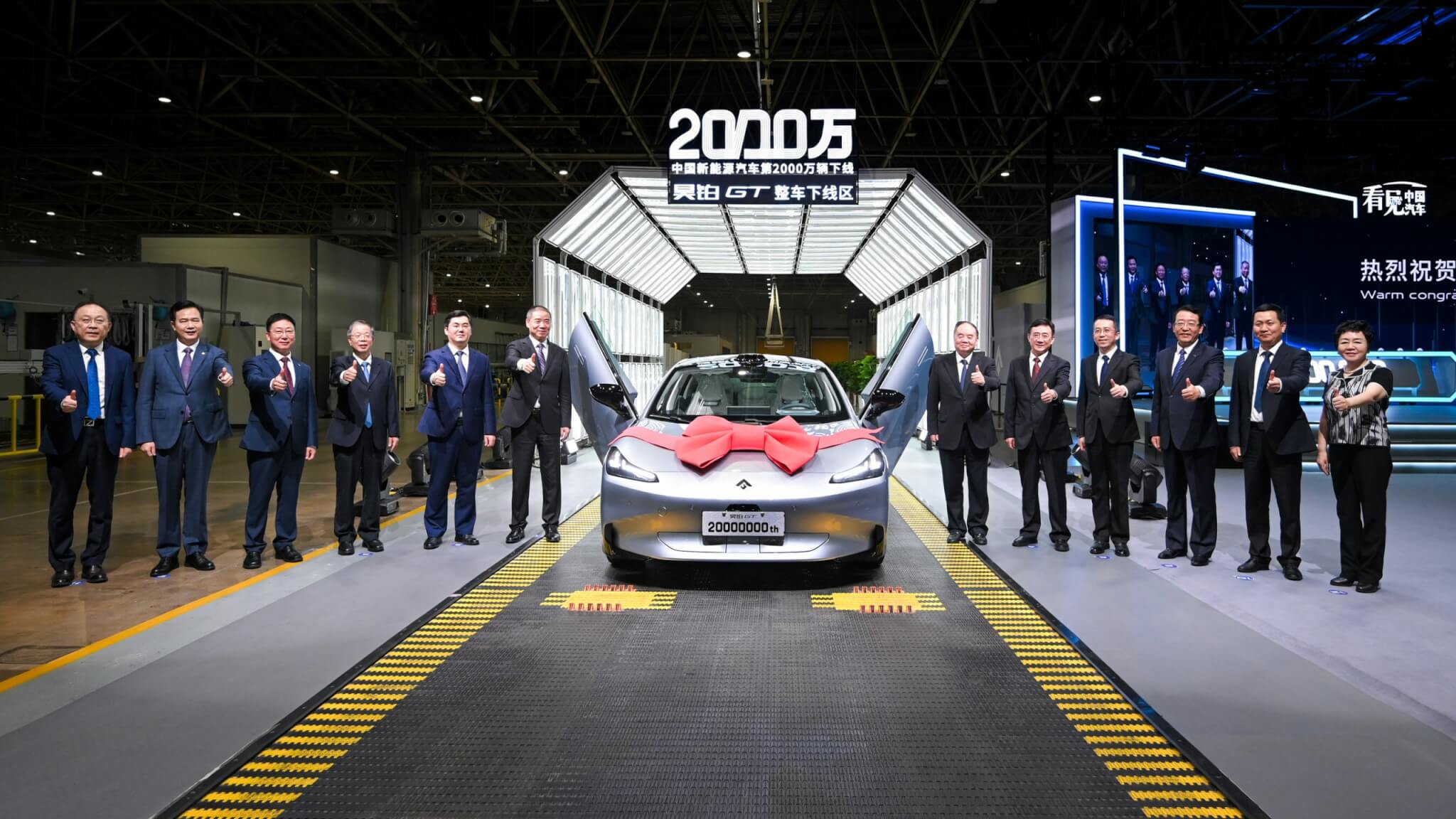With the advent of electro-mobility, cars will start to differentiate themselves more by the user experience inside the car than by their driving characteristics, thinks Tomáš Vondrák, head of Continental in Brandýs nad Labem. High-performance computer units and large-screen display solutions are now in production at the Brandýs company. More than on cheaper labour, the competition is betting on complex digitisation, for which they are a model plant within the Continental Automotive division.
Perhaps this question could be seen as a provocation by some in the automotive industry, but I’ll take my chances with you: How is Continental doing in Brandýs nad Labem?
Thank you for asking, we are doing well. We managed to achieve the targets we set last year, even though it was a very challenging period in the run-up to 2020. We managed the expansion of the plant, the technological modernisation and all the new product launches within the given timeframe and this is something we are pleased about. And 2022 has started at a great pace.
One of the most important events of this year that affected many companies was and is the war in Ukraine. How has it affected you?
It touched us a lot, especially on a personal level. We employ nearly 500 Ukrainian workers, about 80 percent of whom are tribal employees. We immediately expressed our support and offered to help them. I personally had about 15 meetings with employees of Ukrainian origin, and although I am used to speaking in front of large audiences, I could not prepare for this. It was a big emotional rush for all of us.
We took countless measures, for example we organised several bus transfers for the families of our Ukrainian employees from the Slovak-Ukrainian border, we employed 25 new Ukrainian colleagues, we subscribed to 70 beds in one hostel, we organised a fundraiser so that several adaptation groups could be opened in Brandýs. We created an employee application in Ukrainian language. We have over twenty volunteers among our staff who are available around the clock to Ukrainian citizens. I am very proud of my team.
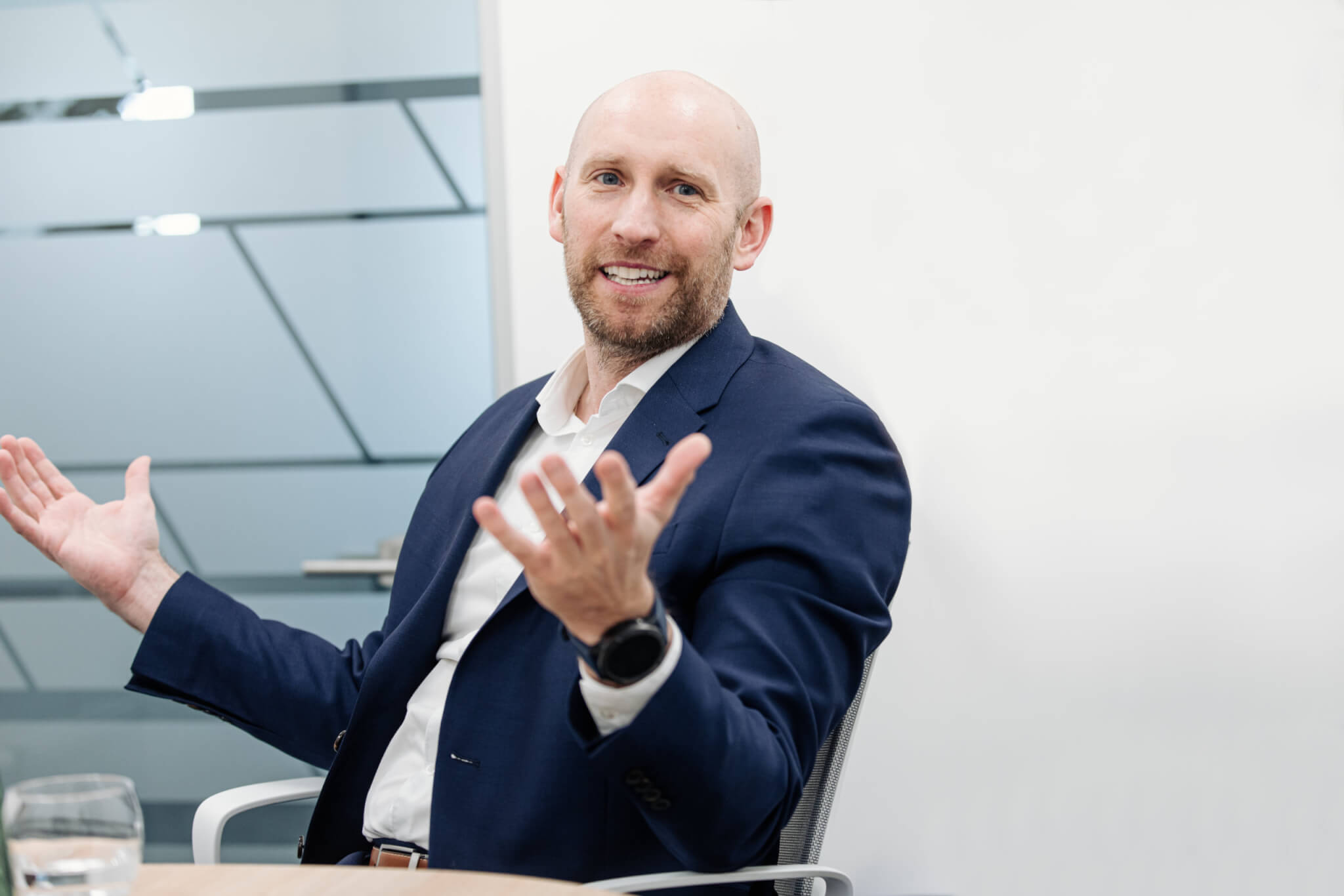
All your Ukrainian workers stayed here?
Yes, except for one.
Does Brandy Continental have any business relations with Ukraine or Russia?
We have no direct export or import ties to Ukraine. We have supplied one product to Russia, but in a very marginal volume.
You said you did well last year. But surely you are also affected by shortages of some components, especially chips, and rising input prices. How are you dealing with that?
Obviously, the rise in input prices coupled with the ongoing chip crisis is a challenging mix for the automotive industry. Since we need millions of electrical components for our daily production, the shortage keeps us very busy. The Ukraine conflict has caused many of our OEM customers to be limited by, for example, a shortage of wiring harnesses and have had to reduce production and therefore demand towards us. This has logically resulted in some decline this year. All this combined with the increase in input prices including energy is a really challenging mix. Our annual electricity consumption is around 30 GWh, so our electricity bill this year will be tens of millions of kroner higher than it was in 2021. With gas it is similar, because we heat, dry and cool with it, our consumption is around 750,000 m3 per year. So these are very cost-critical inputs at the moment.
Are customers willing to accept price increases for your products?
We talk to them about it.
Are you so limited by component shortages that you sometimes can’t meet your customers’ demands? Or are you paradoxically “helped” in this sense by lower demand?
We have never limited our customers in our production schedule. As you know, in the automotive industry, especially in passenger cars, there was a 20 percent drop in the first quarter, so it’s more that we are hampered by their declining demand. We are able to secure enough chips, but as I said, it is challenging, more challenging than last year for example. This is also due to the developments in Ukraine, which have closed transport routes from Asia to Europe, both air and rail. Added to this are the harsh lockdown measures in Asia, another ‘stress factor’.
Do you have fewer problems than other companies to procure enough chips because you are part of the big Continental family?
Yes, that’s certainly true. The Continental Automotive division is one of the largest buyers of electrical components in the automotive industry in the world, so it has some strength. In addition, there is some cooperation within the group. We here have an overview of the daily consumption of the different types of chips not only here but also in all the other Continental plants, so we can prioritise and cover the need on a global scale.
But it is also important to have long-term strategic cooperation with suppliers, to communicate about future needs. Chips are not a commodity, they are very diverse and we have to plan years in advance with suppliers what technologies will be used.
Is there still a point in talking about a pandemic today? Or have you sort of forgotten about it in light of the new difficulties?
We’re still feeling the reverberations. The six weeks of testing this year have been particularly challenging. All employers were obliged to test all employees twice a week, regardless of whether they had been vaccinated or had had covid-19. On some days we had dropouts of up to 25 per cent, yet these were mostly people without any symptoms. When you find out minutes before you start your shift, it’s hard to find twenty people with specific competencies to fill in.
The Czech Republic was the only one in Europe that was doing this, and our customers were in a period of increasing demand. With a lack of human resources and in a situation where nothing could be planned at all, it was very challenging.
Were you covering it on short notice with people from other shifts?
Yes, but there were days when even we in management would step in and run shifts when the shift leader dropped out. But we managed it – thanks to our digital tools and thanks to all our employees.
We talked about the pandemic, Ukraine, prices, component shortages. They say “everything bad is good for something.” Would you find anything good about the current situation in the automotive industry?
So that’s a difficult question. Nobody was prepared for what is happening now. I think that these continuous “stress tests”, as I call them, make us stronger and closer together. They have motivated us to make faster decisions, to streamline management processes… But it would be good to get back to calm waters.
In April this year, you launched the operation of the new AutoStore storage system in Brandýs. What makes it unique?
It is the first solution of this nature in the Czech Republic. The idea was conceived with the aim of reducing the warehouse area by 40 percent and almost quadrupling its efficiency. And it succeeded. So this system saved us two thousand square metres, which we could transform into production space for new projects. With thirteen robots servicing 18,000 bins, throughput has increased significantly. The system is very flexible and, for example, when one of the robots is not currently on a production order to stock or pick something, it goes through a “self-learning” process where it learns to optimise its routes.
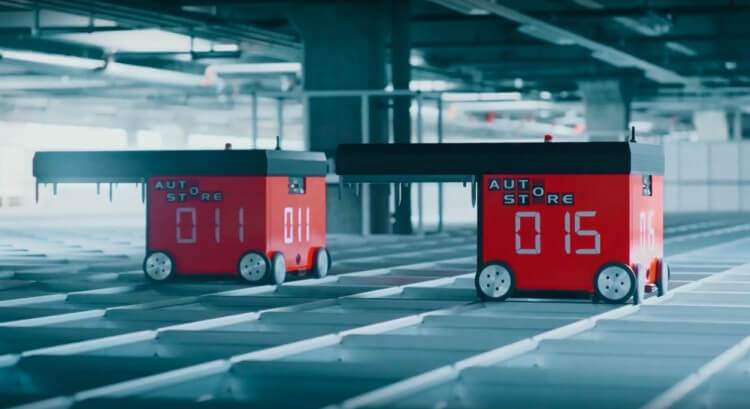
The opening of the new warehouse is apparently part of a process that has been underway at Continental in Brandýs for the past two years to increase automation, robotization and digitalization. A year or so ago, you had 66 cobots here and 125 industrial robots on fully automated lines. How is it today?
The total number of robots and cobots has already increased to 300.
So the current problems have not slowed you down in your investments?
Certainly not. We are continuing at a rapid pace in smart automation, standardization and digitalization.
How much have you invested in total and where have most of the funds gone?
We have implemented robotic applications mainly in new production facilities and I can only say that the investment volume was record high.
The Brandýs plant is one of the most important within Continental Automotive, it is a so-called model plant. What does that mean for you?
This is a huge opportunity and a big commitment for us. Two or more years ago we were thinking about what our competitive advantage is and will be. We know that in the long run it will not be personnel costs. We found the answer in the intelligent concept of the digital factory. We have developed a concept that digitizes the company as a whole, holistically. This is our uniqueness and we are now implementing it step by step. We work with the entire network of Continental plants, hold meetings and workshops, and train others how to implement a similar concept in other plants.
Are Czech companies also interested in learning from you?
Yes, we have registered countless contacts in the last year. We are open to dialogue, it can be useful for us too. But of course not all know-how can be shared.
Digitalization is not only about production, but also about the workforce. As far as I know, you were going to introduce QR codes for all employees, which will not only allow access to the premises, but also contain a lot of other useful information. Have you already introduced this?
We are not that far along yet, but we are moving towards it. We have had a new scheduling app in full operation since May, which we have been working on for two years and have found very effective. Thanks to it, our employees can log in or out of their shifts, request leave, for example, from the comfort of their own living rooms from their smartphones.
We have used this app a lot during those major outages of positively tested employees. When a shift becomes available, a push up notification would come to an employee who is not currently on shift and is qualified to work that particular line. He can decide if he wants to come in. It may be for a position that he is not fully qualified for, with the understanding that he can be trained for it.
But that’s not all the app can do. Other functionalities include the ability to book a shared desk, a meeting room, shared transport with colleagues or a parking space. They can request a home office through it, find menus and more.
“Our competitive advantage is our intelligent, holistic approach to the digital race.”
The demands on what a vehicle should be able to do are increasing dramatically, and the amount of data that cars have to process is growing. Continental has recently introduced a so-called High Performance Computer that should be able to handle all the data. Explain exactly what this is and how this product is a breakthrough.
It is actually a high-performance computer, the first one we are producing here, and it is related to the new car architecture. It works by consolidating hundreds of electronic control units into a number of hardware units that are smaller in size but much more powerful in software. And that’s where the change in car architecture philosophy comes in. It reduces the number of components in the car, reduces their weight and increases their computing power.
As far as I know, you’re making this high-performance car computer for BMW. Are there more customers interested in it?
There are more customers, it’s a direction that all car companies have taken or will take. But we only supply BMW from Brandys.
What will be the benefit for the driver?
It will be much simpler, faster and more intuitive to operate and have a better user experience. We assume that, especially with the advent of electro-mobility, the driving experience itself will not be fundamentally different between brands and models, but what will differentiate the carmakers will be the user experience of the driver and crew in the driving experience, i.e. how the information is displayed and what the controls will be. And that’s why I’m very pleased that in our plant we’re moving in the direction of large screen display solutions alongside those high-performance computer units.
As you suggest, the latest trend in displays is to make them bigger. Are Continental still planning to produce full dashboard displays, so-called Pillar-to-Pillar, for some car models from 2024?
That’s exactly right, the clear trend is towards bigger and bigger displays. At Brandys, we started producing our own displays in 2015, and at that time they were seven, maximum nine-inch displays. Today, we’re talking about four to five times those sizes and overall much more sophisticated technology and higher quality displays. The goal is full cockpit digitisation plus voice control.
As for the first column-to-pillar display, which will be produced by Continental, it will be produced in a different location outside the Czech Republic from 2024. However, we are working on a similar project in Brandýs and will start producing the large-screen display here a year later. Both projects already have specific customers behind them.
What I am also very excited about is the fact that these large displays will be the first time in the world that OLED technology will be used in the user environment of a car. And it will be manufactured here in Brandýs.
OLED technology for displays is a result of your development?
Our development team has been working on it from the beginning.
Are any new products or technologies the result of the development centre here alone?
The Brandýs development group is relatively small, we have only 60 employees in development. Most new applications and products are developed centrally, and our team is part of this global development team. This also makes sense for the future, as we are increasingly connected through digitalisation. Thanks to our digital competence, it is possible to simulate the format in the future production line.
We have a digital lab here, where we make extensive use of virtual reality goggles, which take you into the space of a fully automated line, among robots, where you can’t normally go during operation. Thanks to the virtual reality digital twin solution, you can see in real time how the line is producing and can continuously optimise production processes.
Continental Brandýs is a manufacturer of car radios, multimedia systems and their front displays, analogue and digital dashboards, climate control panels, telematics, eCall systems and fuel system control units. Still valid? How is the product mix changing over time?
Fuel units are in absolute decline and where we are seeing the fastest transformation is the shift from analogue on-board instruments to large digital displays. This is also reflected in customer demand and therefore in our product portfolio.
Is it fair to say that display production is the one that employs the most people at Continental Brandýs and generates the most revenue?
Not yet, but it is heading that way.
Is your customer portfolio changing?
The customer portfolio expanded last year with projects we took over from Spain. These are the production of on-board instruments and display units. As a result, we have started working with Ford, for example, for whom we supply high weekly quantities to their European plants as well as to Turkey.
Some customers, such as the aforementioned BMW, have strengthened in terms of quantity. Otherwise, our customer portfolio is more or less stable and well balanced. We supply de facto all OEM customers, so some specific outages at one customer do not have such a negative impact on us. Of course, such a wide portfolio of customers brings with it some challenges, because you have to deal with a lot of their specific requirements.
What do all the changes we’ve talked about mean for employees?
It certainly puts new demands on them, not only technological changes, but also covid-19, Ukraine, supply problems and so on. The volume of work has increased a lot. We try to work a lot with their development and increase their productivity. Everyone has room to grow, employees have the opportunity to move up within our organization. In the last three years, 91 internal candidates have been promoted to management positions.
Are you facing a shortage of staff or do you currently have a surplus due to the problems in the auto industry?
We currently have around three thousand workers. I am pleased that we are an attractive employer, having managed to recruit more than 650 new tribal employees in the past two years. If customer demand this year was at the originally projected level, we would need more, but it’s not.
For the first quarter, the decline in demand mirrored the overall decline in the automotive industry. How do you see the rest of the year?
2022 will continue to be a very challenging year. We will continue to face chip shortages, how it will be in Ukraine nobody knows, although we wish the conflict would end as soon as possible and the same for lockdowns in Asia. However, even if a new pandemic wave does not come in the autumn, I do not think it will be possible to make up the losses of the first half of the year in the second half. Our original plan for this year was 25 million products shipped to our customers, the updated forecast is somewhere around 21 or 22 million.
We’re talking to you in the new office building that you commissioned a couple of weeks ago. What makes it special and what will be in the vacated space?
The new building is multifunctional, it contains not only the administration area, but also a large 500-seat canteen with a café, a fitness centre, a medical centre, a babysitting and relaxation area for the children of our employees, a training centre using virtual reality elements…
The administrative area is very modern, we call it the “new office world”. The concept is that there are shared spaces, no one, including me, has their own office. Even the managers sit around one collaborative desk so we can communicate with each other all the time and make quick decisions. But there are designated areas for concentrated work and closed phone booths.
The space we’ve moved from will be part new office space, part production area.

Tomas Vondrák
Graduated from the Faculty of Mechanical Engineering, Industrial Engineering at the University of West Bohemia in Pilsen, further education in Germany (Fachhochschule Deggendorf), Australia (Institute of Technology, Brisbane) and Spain (Master of Business Administration, ESMA Barcelona). He has been with Continental since 2006, first in the Czech Republic as a project manager, then managing the implementation of new projects. From 2011 to 2019, he held senior positions in Infotainment & Connectivity, first in the German and then in the Mexican subsidiary. He has been Managing Director of Continental Automotive Brandýs nad Labem since March 2019.
Contact
Next articles and interviews
Next articles and interviews
+ Show




